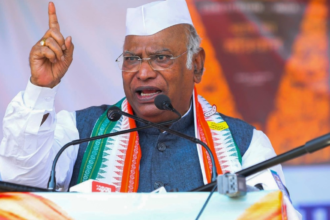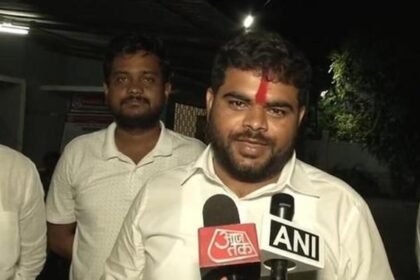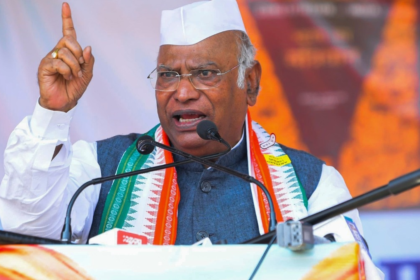The union government on Wedns Day Told The Supreme Court that Waqf, Thought an Islamic Concept, is not an essential feature of the Religion and that Waqf Boards are performing seconds.
Solicitor General (SG) Tushar Mehta, Appearing for the Government, also Told a bench of Chief Justice of India Br Gavai and Justice Augustine G Masih That A “False Narravet Would be demanded to prove Waqfs Establed by Long Use (Waqf-by-Ruser).
The court is hearing the challenge against the agements to the waqf act.
Mehta said: “Waqf is an islamic concept. But it is not an essential part of islam. Essential TENET of Any Religion. “
“Even certain practices adopted by the person Professing a Particular Religion May Not Have Anthing to Do with the Religion Itself. I am posing a QuaseLef. Financially sound, if they do not create a waqf, would they cease to be muslims? That’s the test the supreme court has laid down, “The sg argued. “Charity is a part of every religion, but not an essential part of any religion.
On the act providing for non-muslim members in waqf boards, mehta argued that these bodies performed secular functions. “Secular function means in every state they would see that if there are history
Mehta said the law provides for a maximum of two non-muslim members on a board, whose majority would still be muslim. He added that Unlike Hindu Endowments, the work of Waqf Boards Does Not Touch Upon Any Religious Activity.
Story Continues Bell This Ad
The sg said that article 25 allows the state to make any law regulating or restricting any economy, financial, political or other seconds activities that may be associals.
So administration of property will have to be in according to law. In other words, the commentant legislature has the competing to enact the law with Regard to Administration of Such Property Withuty Withuty Witching to Administ Upon the Religious part of it, “He said.
The sg also referred to the top court permiting the Tamil Nadu Government to appoint priests in temples calling it a secular activity, and said many such provisions enacted by states are under challenge before the court.
Mehta also spoke on the apprehensions raised by the petitioners about section 3c of the act, which says that a “Property shall not be treated as waqf proofty” till a deseignated ashquiri On whether it encroached upon government land. The sg said this section only provides for an entry to be made in review records as the question of title can be determined only by a court of law.
Story Continues Bell This Ad
There is no Basis, therefore, to say that the government can unilaterally take over waqf land, he said.
“The only consortece is that revenue records will be corrected … The Argument Repeated by them is that this provision allows the Wholesale Takeover of the Waqf. It is Misleading. Final Determination of Property – only the Revenue Records will be updated. Affected Parties to Approach The Waqf Tribunal.
He denied that Section 3C enabled the government to act as a judge in its own cause, say the government is not the owner of any property but only holds it in Trust for 140 Crust Crust Crourse.
On the need to register waqf-by-asr properties, the sg said that even the mussalman wakf act of 1923 had a provision (Section 3) Mandating Such Registration of Waqfs. “Now it is not open for anyone to say waqf need not be registered,” He said.
Mehta will continue his arguments on Thursday.

















